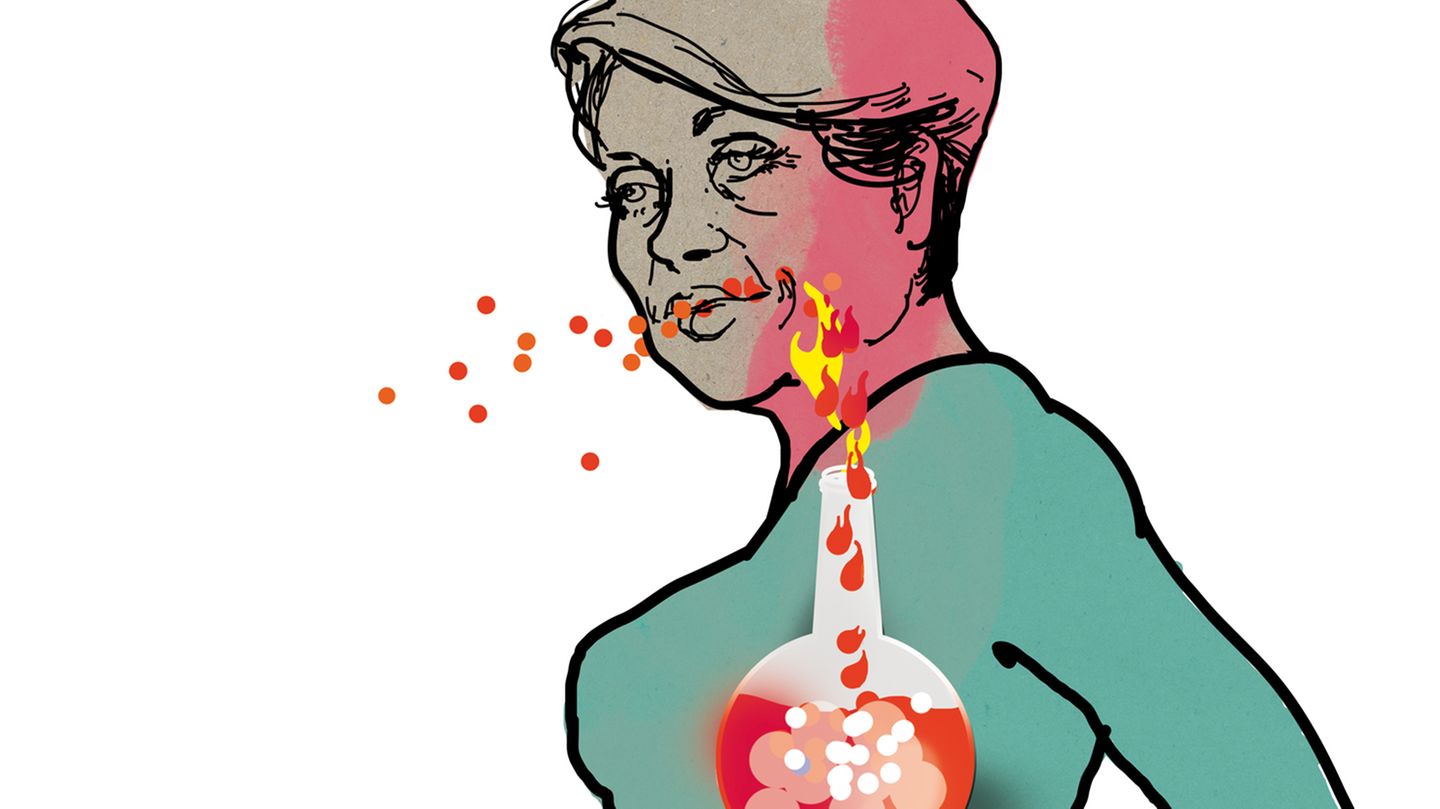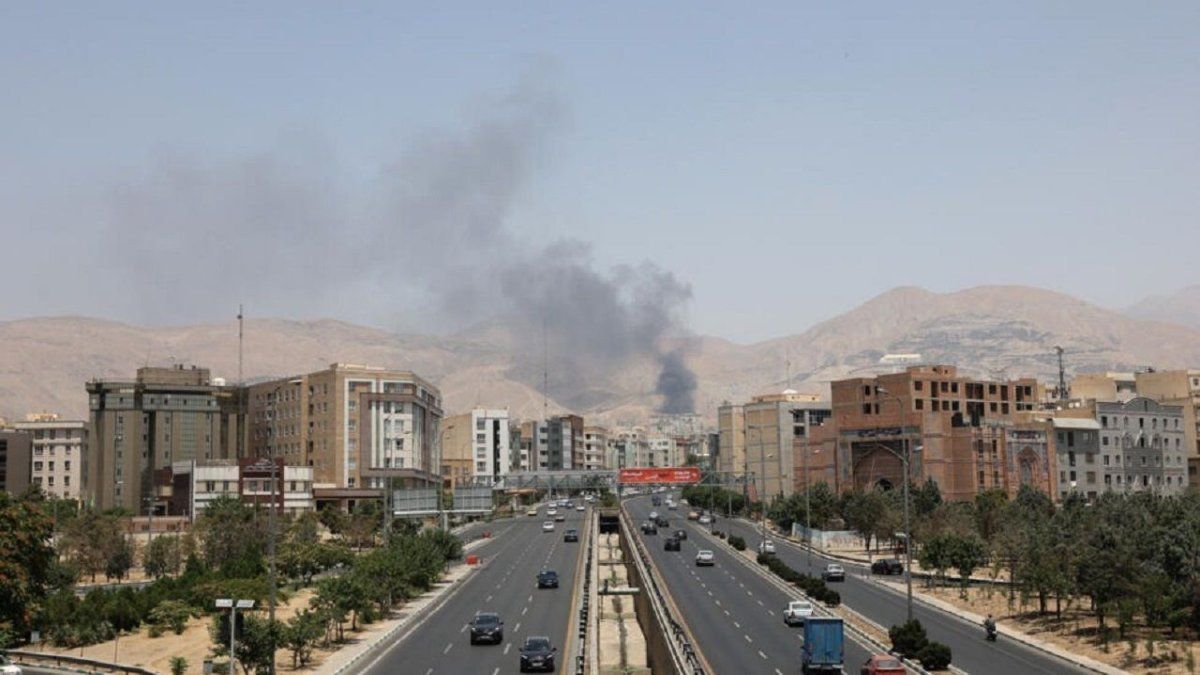As can be seen from Parliament’s budget analysis, according to the budget estimate, public spending on development cooperation is set to rise to 0.87 percent of gross national income in 2022. The reason for this is a billions in debt relief for Sudan.
In 1970 the United Nations set the target that industrialized countries should spend 0.7 percent of their gross national product on public development aid. To date, only a few countries, such as Norway, Sweden, Denmark, the Netherlands or Luxembourg, have met this requirement in the long term. Austria has traditionally been at the bottom of the list when it comes to spending on public development cooperation (ODA). The highest level was reached in 2005 under the VP Foreign Minister Ursula Plassnik with 0.52 percent of the economic output (GNI). In the previous year, the Austrian ODA quota was 0.29 percent.
Development aid organizations have long criticized the fact that debt relief can also be included in development cooperation expenditure because it is a fraudulent label. A debt relief in particular should enable Austria to achieve the UN goal for the first time next year. The development cooperation expenditures are to rise to 3.774 billion euros in 2022 (from 2.5 billion in 2021), which can be ascribed “especially to the debt reductions”, according to the parliamentary report.
Specifically, it should be about Sudan’s debts amounting to 2.5 billion euros, two-thirds of which will be canceled in the coming year and one-third in 2024. The ODA quota should develop accordingly by leaps and bounds by 2025: 0.87 percent in 2022, 0.26 percent in 2023, 0.52 percent in 2024 and then again 0.24 percent in 2024. The responsible foreign ministry was able to The APA did not initially receive an opinion on the report of the Parliament’s budget service on Tuesday.
In the context of the debate on the Foreign Ministry’s budget, the FP sharply criticized the debt relief and requested that it be deleted. 2.5 billion euros are “the same as all Austrian cities and municipalities should get in order to compensate for the financial losses caused by the Corona crisis,” said FP MP Martin Graf of the APA. At the same time, he described it as “unbelievable” that the co-ruling Greens, of all people, who had always been in favor of an increase in the EZA, “are now giving in to this fuss about it”. Ultimately, “nothing at all will be funded, but only presumably bad debts will be written off anyway,” said Graf. He also expressed the fear that the Sudanese military junta “will immediately put the money that is now saved for interest and repayments back into new weapons”.
In Sudan, the military had taken power at the end of October, and the civilian members of the interim government that had existed before were arrested. Since the coup there have been repeated mass protests that have been violently suppressed.
Source From: Nachrichten




